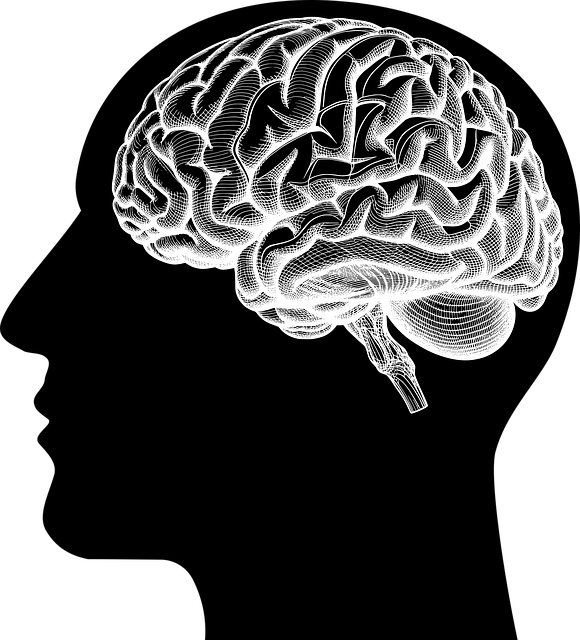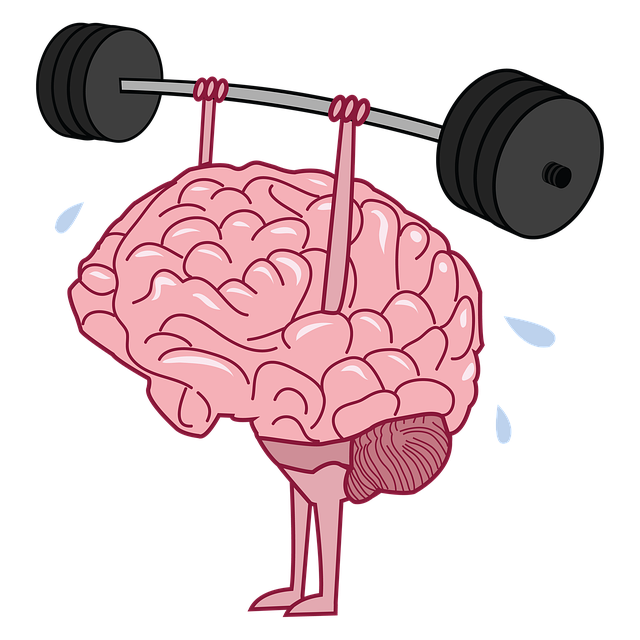Denver Bariatric Evaluations offer a holistic approach to mental wellness, combining physical health assessments with psychological evaluations, therapy sessions, and education. This comprehensive strategy enhances self-awareness, cultivates compassion, and promotes healthier lifestyles. Effective evaluation methods, including structured clinical interviews, self-reported questionnaires, and observational techniques, track progress over time, ensuring tailored interventions for continuous improvement. Self-reporting and qualitative data provide insights into emotional journeys, while quantitative measures assess objective improvements in symptoms like anxiety or depression. Integrating both approaches guides informed decisions for program design and delivery, ultimately enhancing mental wellness outcomes through Denver Bariatric Evaluations Therapy.
Mental wellness program evaluations are crucial for assessing the effectiveness of interventions. This article explores various methods, starting with Denver Bariatric Evaluations as a foundational framework for mental wellness. We delve into therapy assessment techniques, leveraging both self-reporting and observational methods to capture progress and behavioral changes. By combining quantitative data with qualitative insights, we offer a comprehensive approach to evaluation, enhancing the understanding of therapeutic outcomes, akin to measuring the success of Denver Bariatric programs through holistic assessments.
- Understanding Denver Bariatric Evaluations: A Foundation for Mental Wellness
- Therapy Assessment Techniques: Measuring Progress and Effectiveness
- The Role of Self-Reporting in Mental Health Program Evaluation
- Observational Methods: Capturing Behavior Changes and Interactions
- Combining Quantitative and Qualitative Data: A Comprehensive Approach to Evaluation
Understanding Denver Bariatric Evaluations: A Foundation for Mental Wellness

Denver Bariatric Evaluations serve as a robust foundation for mental wellness programs. These evaluations go beyond assessing physical health by delving into psychological aspects, including eating habits, social skills, and emotional well-being. By integrating this data with mental health education programs designed to enhance self-awareness and compassion cultivation practices, individuals can experience transformative growth.
Such evaluations facilitate personalized therapy sessions tailored to address specific challenges. This holistic approach not only promotes healthier lifestyles but also fosters effective coping mechanisms. Social skills training becomes an integral part of this process, encouraging supportive interactions and building resilient communities. Ultimately, Denver Bariatric Evaluations act as a catalyst for positive mental wellness, paving the way for lasting behavioral changes and improved quality of life.
Therapy Assessment Techniques: Measuring Progress and Effectiveness

Effective mental wellness programs rely heavily on robust evaluation methods to measure progress and assess their effectiveness. One crucial aspect is Denver bariatric evaluations therapy, which goes beyond initial assessments to track changes in patient mood management over time. Therapists employ various techniques, such as structured clinical interviews, self-reported questionnaires, and observational measures, to gain a comprehensive understanding of clients’ mental health improvements.
These assessment tools help identify areas where individuals are thriving and those requiring additional support. By integrating self-care routine development for better mental health, therapists can tailor interventions to address specific needs, fostering more meaningful progress. Regular Denver bariatric evaluations therapy sessions facilitate continuous monitoring, ensuring the program aligns with participants’ evolving goals and mental wellness aspirations.
The Role of Self-Reporting in Mental Health Program Evaluation

In mental wellness program evaluations, self-reporting plays a pivotal role, offering valuable insights into an individual’s emotional and psychological state. Denver bariatric evaluations often incorporate this method, where participants are encouraged to reflect and document their experiences, feelings, and progress. This process, deeply rooted in the principles of mind over matter, facilitates self-awareness and introspection. By completing questionnaires or engaging in therapy sessions that include self-reporting, individuals can identify areas of improvement, such as enhanced self-esteem, better coping mechanisms, and positive shifts in mental health perceptions.
Furthermore, self-reporting provides a safe and controlled environment for participants to openly discuss challenges, including past traumas or crisis interventions they’ve received. This data is crucial for tailoring treatment plans and ensuring the program’s effectiveness in addressing specific needs. It empowers individuals to take an active role in their mental wellness journey, fostering a sense of agency and ownership over personal growth, particularly in programs focused on self-esteem improvement and crisis intervention guidance.
Observational Methods: Capturing Behavior Changes and Interactions

Observational methods play a significant role in evaluating mental wellness programs, offering a unique perspective on participant behavior changes and interactions. This approach involves direct observation of individuals within their natural settings, such as therapy sessions or support groups. Trained evaluators can assess improvements in social engagement, communication skills, and emotional expression by documenting behavioral patterns over time. For instance, during Denver Bariatric Evaluations Therapy, observational methods help track how clients interact with peers and healthcare professionals, facilitating a deeper understanding of their progress in adopting healthier behaviors.
Furthermore, these methods capture subtle shifts in self-care practices, which are integral to maintaining mental wellness. By observing individuals engaging in activities like meditation, exercise, or journaling, evaluators can assess the integration of self-care routines into daily lives (Self-Care Routine Development for Better Mental Health). This data is invaluable for refining therapy protocols and tailoring interventions to meet individual needs, ensuring a more effective Mental Wellness Podcast Series Production.
Combining Quantitative and Qualitative Data: A Comprehensive Approach to Evaluation

In evaluating mental wellness programs, a comprehensive approach involves seamlessly integrating both quantitative and qualitative data collection methods. Quantitative measures, such as surveys and statistical analyses, provide objective metrics on the reach and impact of interventions, enabling researchers to quantify changes in symptoms like anxiety or depression over time. These data offer valuable insights into the effectiveness of Denver bariatric evaluations therapy, for instance, by tracking participant progress through standardized assessments.
Qualitative methods, including interviews and focus groups, complement quantitative findings by uncovering participants’ subjective experiences and perspectives. This depth of understanding is crucial for gauging the success of empathy-building strategies within mental wellness programs, as well as for identifying areas for improvement in mood management techniques. Combining both approaches ensures a holistic evaluation that bridges objective data with lived experiences, leading to more informed decisions about program design and delivery in the pursuit of enhanced mental wellness.
Evaluating mental wellness programs is a multifaceted process that leverages various techniques, from structured therapy assessments to observational methods. As highlighted through the exploration of Denver Bariatric Evaluations and other therapeutic approaches, combining quantitative data, such as self-reporting scores, with qualitative insights gained through direct observation provides a comprehensive picture of participant progress and program effectiveness. This dual-approach ensures that mental wellness interventions are not only measurable but also tailored to address the nuanced needs of individuals seeking support.











